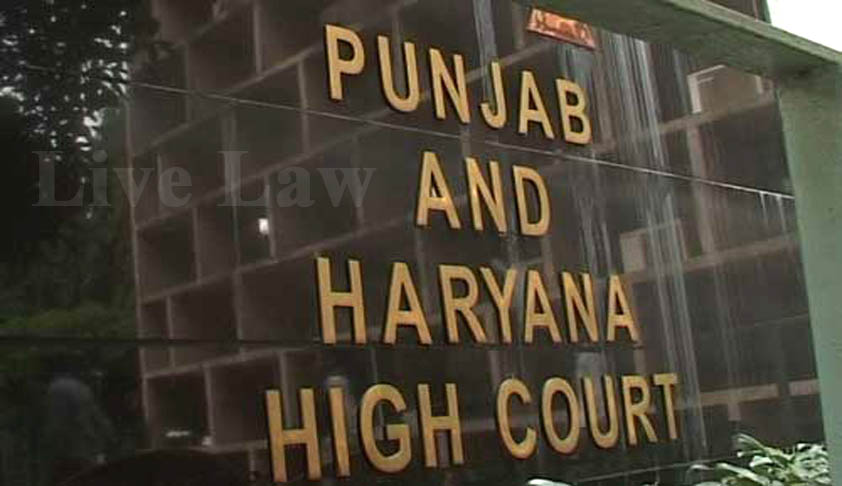Right to reproduction available despite imprisonment; State should permit creation of facilities for exercising right of reproduction during imprisonment, in a phased manner: Punjab and Haryana High Court
Apoorva Mandhani
7 Jan 2015 7:27 PM IST

Next Story


